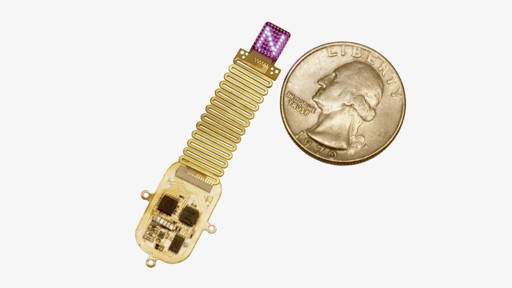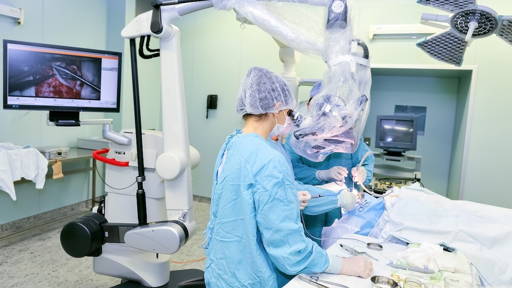Erasmus MC has established the biotech company NeOncoFRAx to develop a new form of immunotherapy for pancreatic cancer. The personalised cancer vaccine specifically targets the unique characteristics of each individual patient's tumour. The Erasmus MC subsidiary is working on a vaccine that contains synthetic protein fragments specific to the patient's tumour. By presenting these fragments to the immune system, immune cells are activated to attack tumour cells in a targeted manner.
This approach causes fewer side effects than traditional treatments, such as chemotherapy or radiation. This is because healthy cells remain largely intact thanks to the new method.
Idea for establishment
The idea for establishing NeOncoFRAx arose partly through the efforts of a Dutch patient, Frank, who himself underwent experimental immunotherapy in Germany. After his death, he and his relatives invested a considerable amount of money in the initiative, with the aim of making the therapy accessible in the Netherlands as well.
The laboratory at Erasmus MC is now working on the development of the vaccine components. Once the identification and production of tumour-specific proteins has been completed, clinical studies will follow under the leadership of Prof. Joachim Aerts and Dr Nigel Kooreman. These studies will start with patients with pancreatic cancer, but the team is also investigating the applicability to other tumours. Although encouraging results have already been achieved with this therapy in Germany, it is not yet available in the Netherlands.
Biomedical research
The establishment of NeOncoFRAx is in line with Erasmus MC's strategic course of realising medical innovations through biomedical research. The company emphasises that it is not focused on profit maximisation, but on social impact and affordability of the therapy. To this end, NeOncoFRAx is still looking for investors who pursue socially responsible returns. Those interested in more information can send an email to: contact@neoncofrax.com.
Artificial intelligence (AI) is now also being used in personalised care. The collaboration between the Icahn School of Medicine at Mount Sinai, the Memorial Sloan Kettering Cancer Centre and European partners has proven that AI can significantly accelerate the diagnosis of lung cancer.
The parties conducted a joint study which showed that a basic pathological model developed by computer can accurately predict genetic mutations from routine H&E-stained biopsy specimens. This means that expensive and time-consuming genetic testing is no longer necessary.









